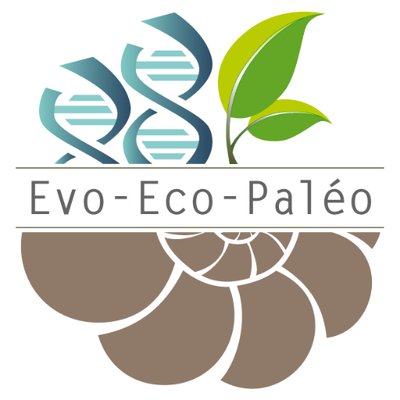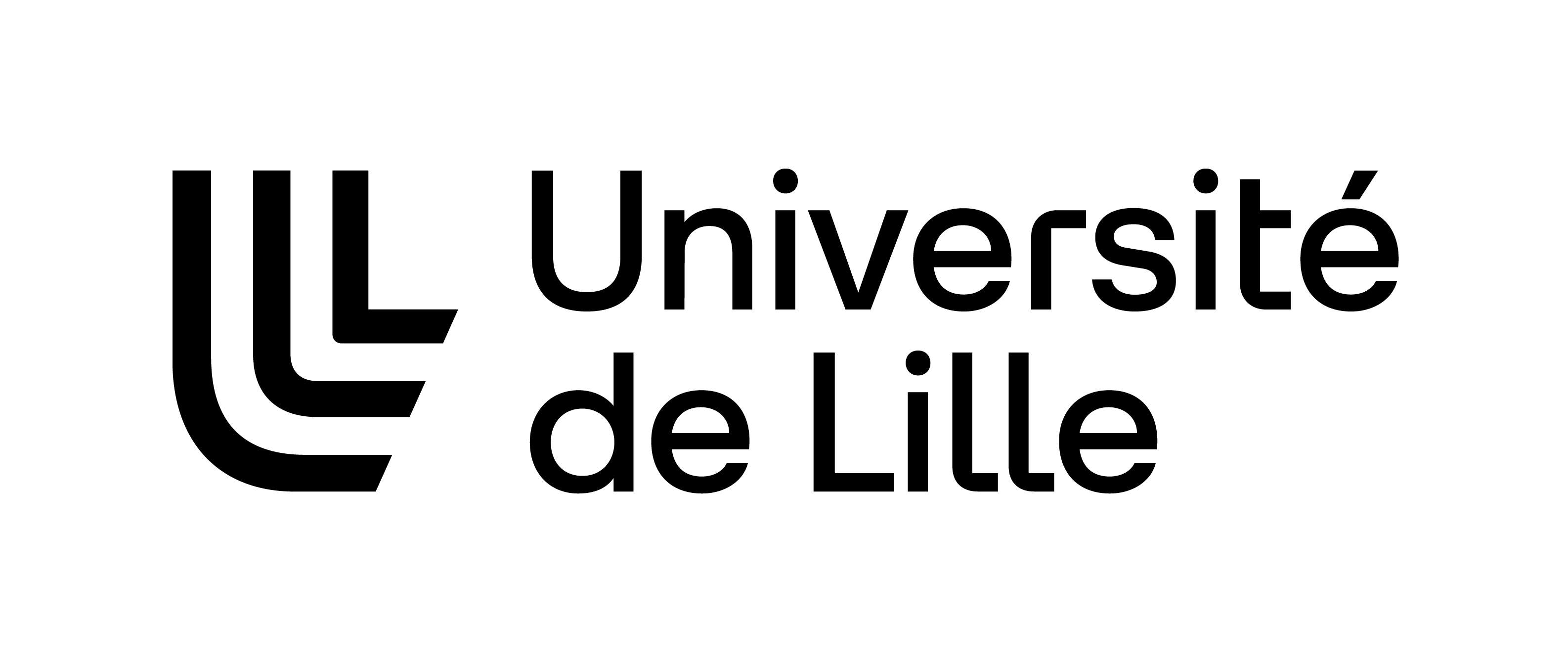-
Digital World and Robotics
-
Energy and Environment
-
Health and Nutrition
-
Maritime Ambitions
-
Societal and economic transition & Risk management
Evo-Eco-Paleo laboratory (EEP, Evo-Eco-Paléo)
Research unit - UMR 8198
The scientific objective of our laboratory is to advance the understanding of the origin and evolution of biodiversity and paleo-biodiversity, in particular with respect to environmental changes at various temporal scales. Our laboratory has extensive expertise in population genetics and genomics, evolutionary ecology, paleontology, paleoecology and eco-immunology, and develops research projects that integrate modeling, experimentation, molecular, phenotypic and floristic data acquisition, as well as biostatistical and bioinformatics analyses. The unit consists of two teams: the Evolution & Ecology team and the Paleontology team.
-
Xavier Vekemans
Director
Bâtiment SN2, Avenue Mendeleïev
Campus Cité Scientifique, Université de Lille
59655 VILLENEUVE D'ASCQ

Effectif
Effectif total : 73
Personnel de recherche : 32
Personnel d'appui à la recherche : 19
Skills
• Evolution of paleo-biodiversity in relation to changes of the environment
• Identification of acclimation or adaptation processes in populations of plants and marine annelids in response to recent global changes
• Dynamics of mutualistic interaction networks including plant-pollinator networks
• Reconstitution of paleo-ecosystems
• Bioinformatics
• Morphological evolution
Example(s) of projects
• CNRS 80_PRIME project EnviroMolSed "Reconstructing Plio-Pleistocene hydrosystemsin the Omo-Turkana Basinwith integrative studies of sedimentology and freshwater mollusks" 🡭 🡭
• CPER CLIMIBIO project "Climate change, Atmospheric dynamics, Impacts on biodiversity and human health" 🡭
• ANR EARTHGREEN project "Understanding the greening of the early Earth" 🡭
Example(s) of publications
• Fisogni, A., Hautekèete, N., Piquot, Y., Brun, M., Vanappelghem, C., Michez, D., & Massol, F. (2020). Urbanization drives an early spring for plants but not for pollinators. Oikos, 129(11), 1681–1691. doi: 10.1111/oik.07274 🡭
• Saumitou-Laprade, P., Vernet, P., Vekemans, X., Billiard, S., Gallina, S., Essalouh, L., … Baldoni, L. (2017). Elucidation of the genetic architecture of self-incompatibility in olive: Evolutionary consequences and perspectives for orchard management. Evolutionary Applications, 10(9), 867–880. doi: 10.1111/eva.12457 🡭
• Van Bocxlaer, B., Clewing, C., Duputié, A., Roux, C., & Albrecht, C. (2021). Population collapse in viviparid gastropods of the Lake Victoria ecoregion started before the Last Glacial Maximum. Molecular Ecology, 30(2), 364–378. doi: 10.1111/mec.15599 🡭
• Zacaï, A., Monnet, C., Pohl, A., Beaugrand, G., Mullins, G., Kroeck, D. M., & Servais, T. (2021). Truncated bimodal latitudinal diversity gradient in early Paleozoic phytoplankton. Science Advances, 7(15), eabd6709. doi: 10.1126/sciadv.abd6709 🡭
Discover the complete list of publications here.
Collaborations/Partners/Scientific clients
ENS Lyon; Lab. De Géologie de Lyon; LGDP Perpignan; LBBE Lyon; INRA Rennes; Ecole Polytechnique; ISYEB MNHN; CR2P MNHN; CEFE Montpellier; ISEM Montpellier; ECOBIO Rennes; ESE Orsay; Biogéosciences Dijon; LEMAR Brest; CEREGE Poitiers
International:
Natural History Museum of Berlin (Germany), Friedrich–Alexander University Erlangen–Nürnberg (Germany), Max Planck Potsdam (Germany), Martin Luther University of Halle-Wittenberg (Germany), The University of Queensland (Australia), Institut Royal des Sciences Naturelles (Belgium), Ghent University (Belgium), Meise Botanic Garden (Belgium), University of Liège (Belgium), Catholic University of Louvain (Belgium), McGill University (Canada), University of Toronto (Canada), UC Davis (USA), Colorado state University (USA), University of Nevada Reno (USA), Ohio University (USA), Indiana University (USA), National and Kapodistrian University of Athens (Greece), University of Tokyo (Japan), Ehime University (Japan), Shiba University (Japan), Institute of Biophysics (Czech Republic), University of Edinburgh (UK), Durham University (UK), University of Lausanne (Switzerland)
Collaborations/Partners/Private Clients
Applications sectors
- Science / Research
Services provided
• Observation and image processing of fossil and current organisms (SEM, 3D scanner)
• Cultures in experimental greenhouses (Greenhouses platform, experimental crops and land)
Consulting services
• a paleontology research library
• scientific collections (paleobotany, micropaleontology)
• molecular biology and biochemistry equipment
• paleontological analysis and preparation equipment
• observation equipment (SEM, microscopes, stereomicroscope)
See the detailed list of equipment here: https://eep.univ-lille.fr/infrastructures/bibliotheque-recherche-de-paleontologie/presentation-3/ and here https://eep.univ-lille.fr/infrastructures/collections-scientifiques/presentation-4/
Biological materials
• Paleontological collections
Affiliated institutions / organisations
Groups/Networks/Federations
Doctoral schools
Regional strategic areas of activity
- Digital World and Robotics
- Artificial intelligence, image processing, data science
- Energy and Environment
- Biodiversity
- Observation, monitoring and management of the environment
- Health and Nutrition
- Food ingredients
- Maritime Ambitions
- Protection and development of the coastline
- Societal and economic transition & Risk management
- Industrial and territorial ecology
- Territories, heritage and culture

